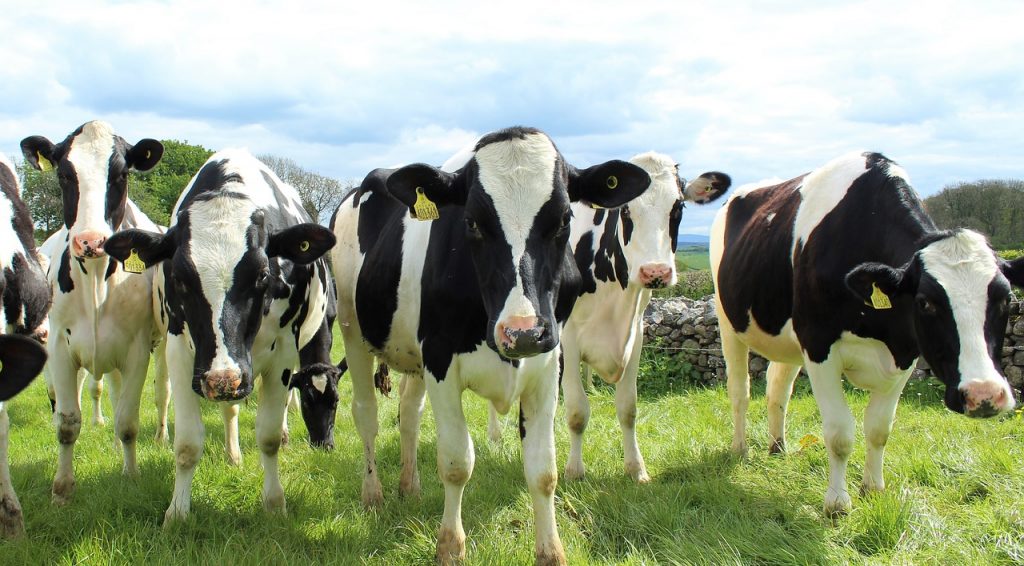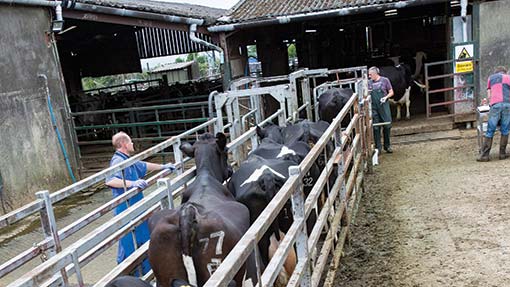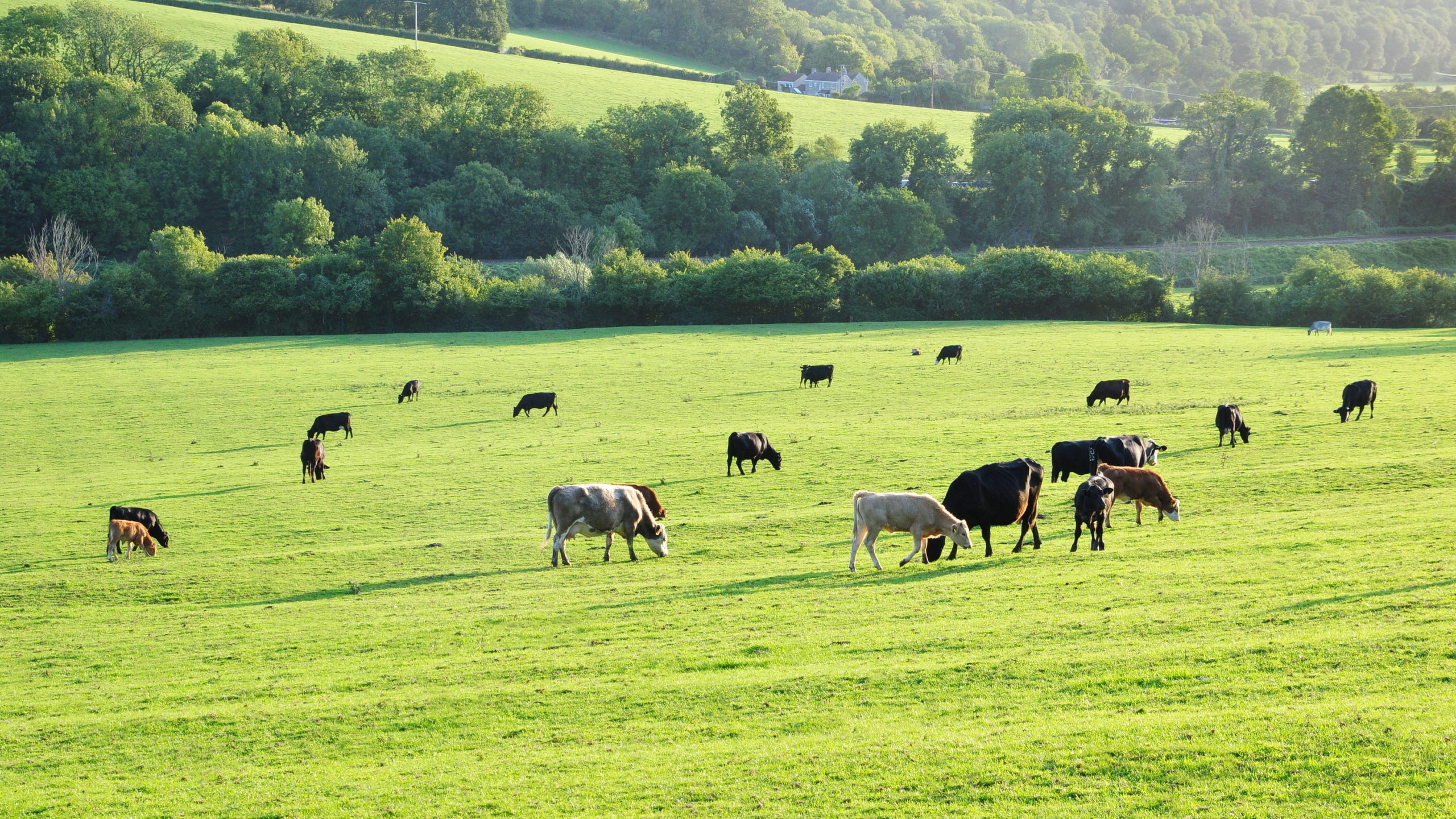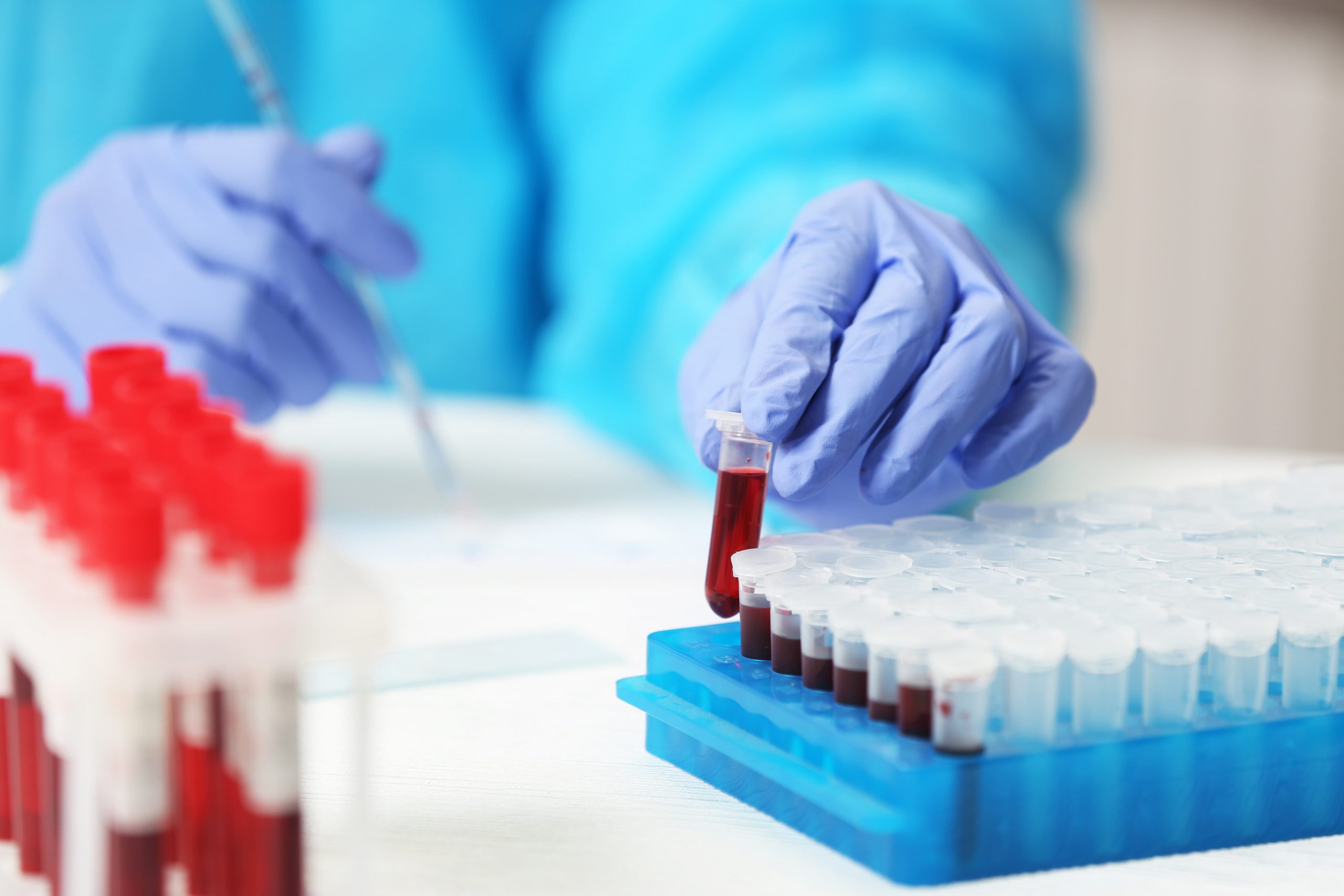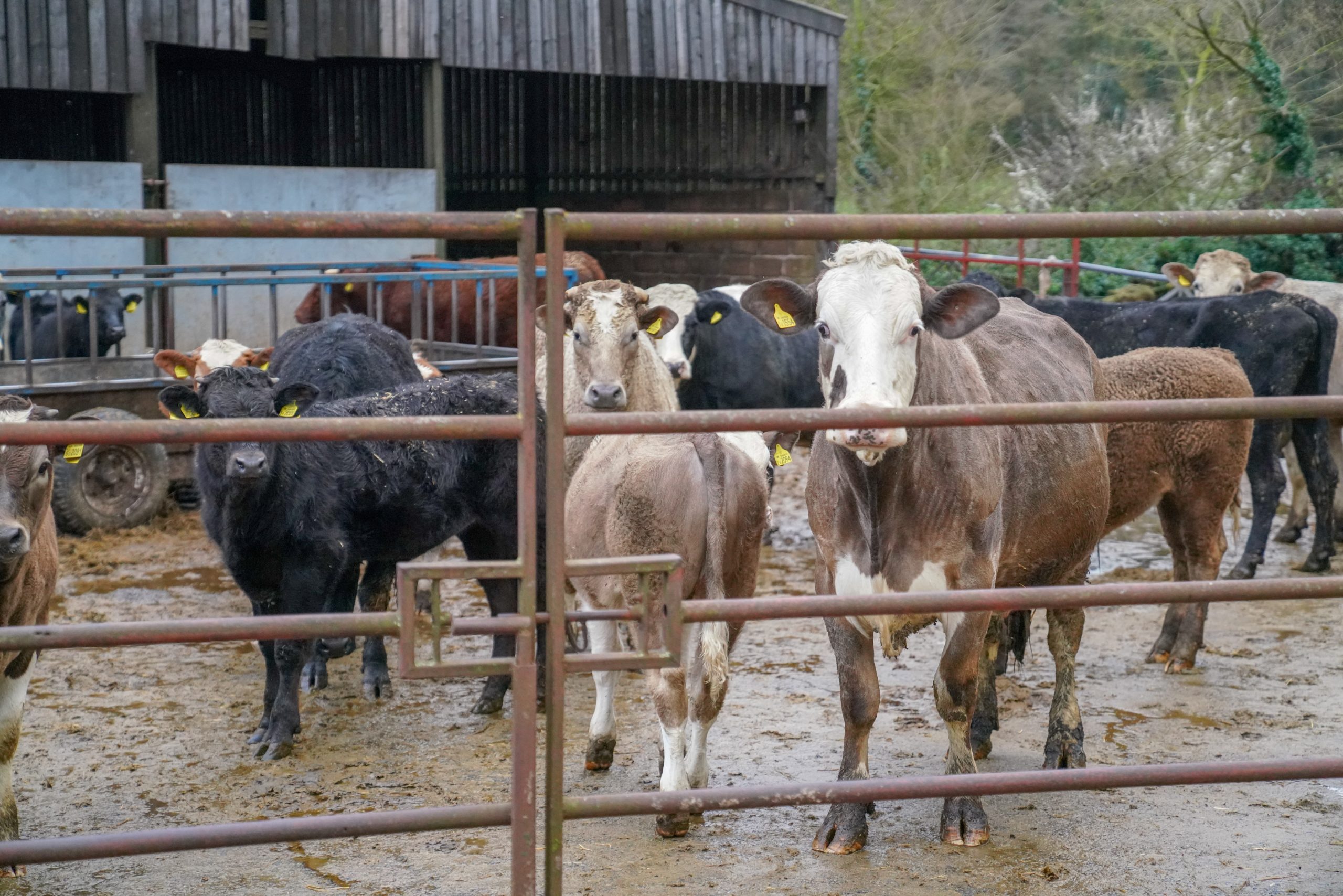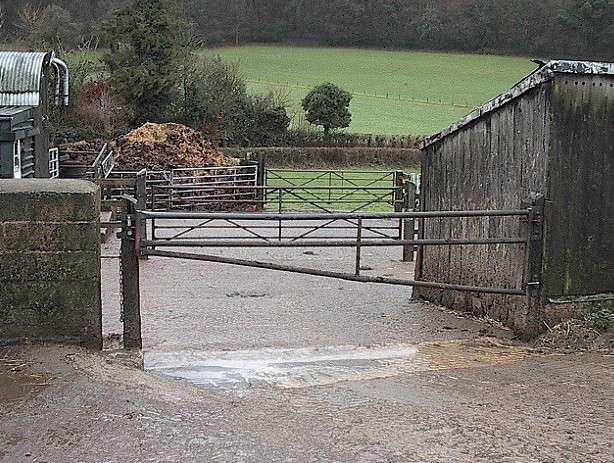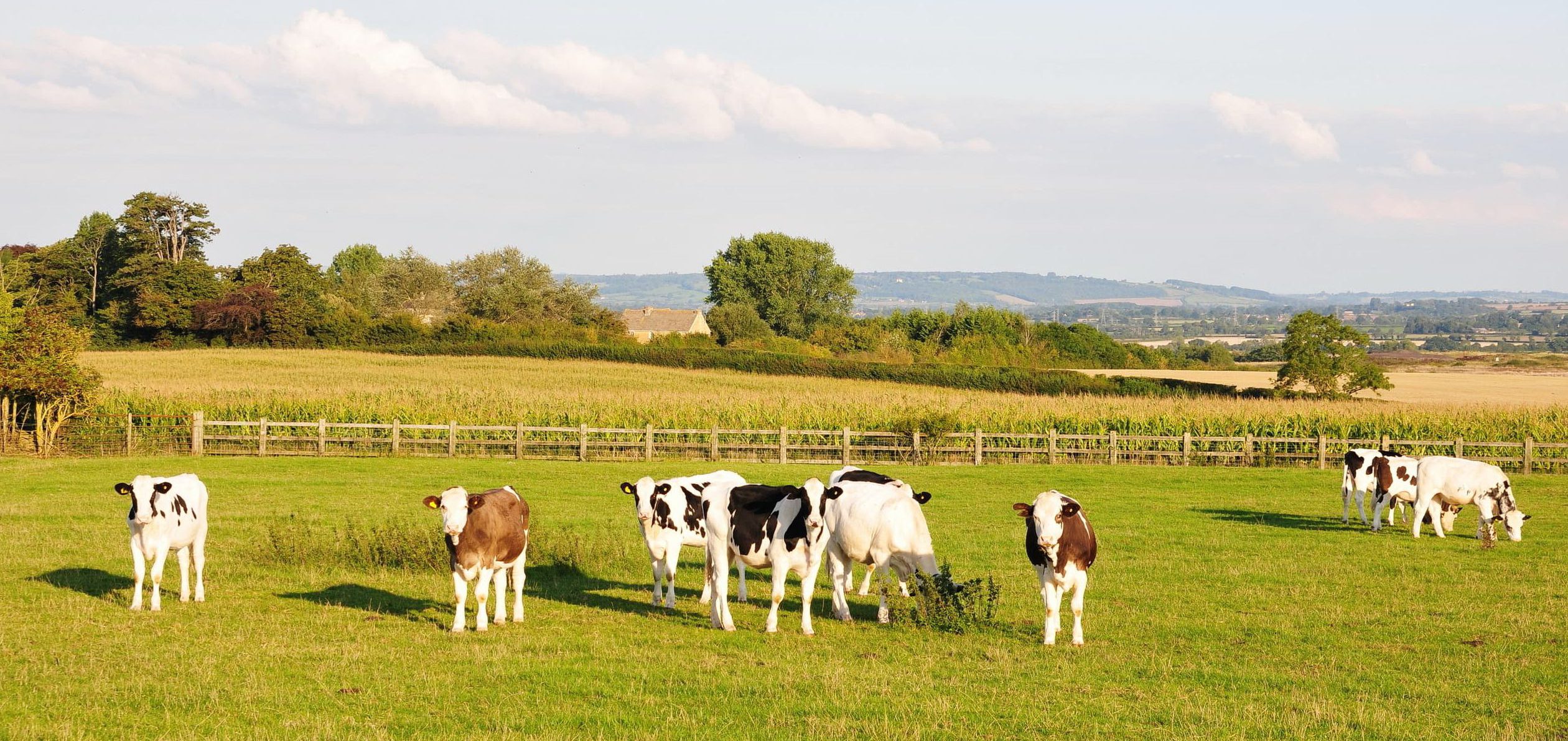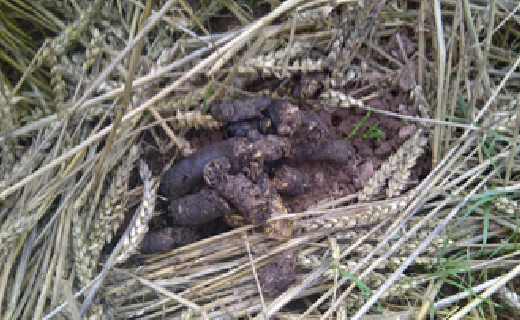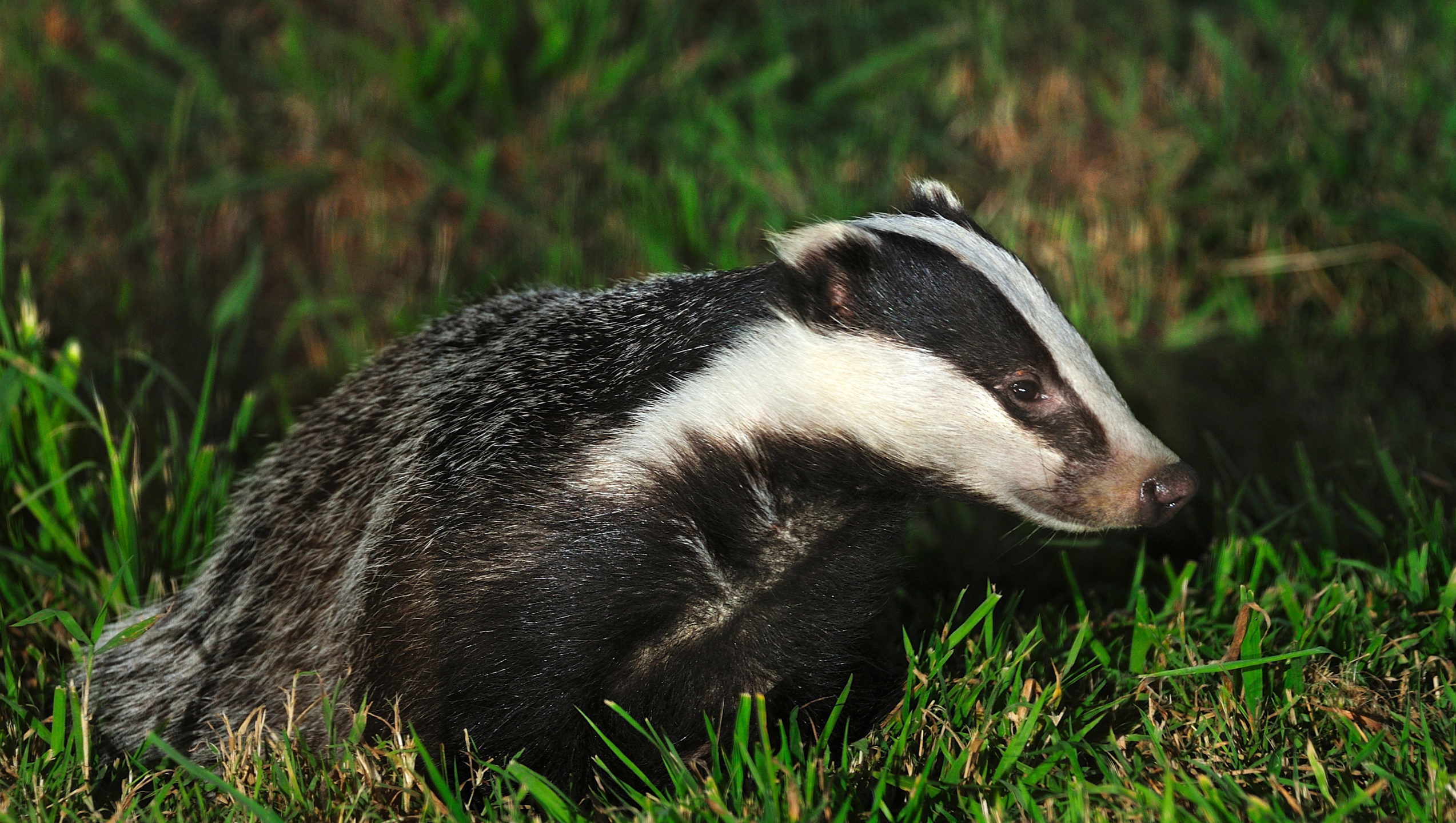Defra funds bovine tuberculosis (bTB) research and development (R&D) to inform policy making and to provide tools to fight the epidemic, with a focus on high quality results with a real impact.
The Godfray Review of Defra’s strategy for achieving bTB-freedom in England, highlighted the need for improved understanding and technologies to help eradicate bTB. In its response, the Government recognised that it needed to increase the output of its R&D programme as part of the solution to achieving its target of bTB freedom for England by 2038. Alongside the primary goal of developing a deployable TB vaccine for cattle, Defra continues to support policy-relevant bTB R&D. This includes both direct funding from Defra and co-funding leveraged from other providers e.g. UK Research and Innovation (UKRI).
Defra holds a non-devolved bTB R&D budget on behalf of the three administrations in Great Britain (GB) – Defra, Welsh Government and Scottish Government. Defra also funds bTB R&D outside of the shared GB bTB research budget. Defra’s bTB R&D portfolio can be divided into five blocks based on the aspects of the epidemic they address, although there is considerable overlap and interdependency.
Defra’s bovine TB Partnership plays a role in helping to identify bTB evidence requirements in England. Defra’s expert committee, the bTB Microbiology & Immunology Research Advisory Panel (MIRAP) provides impartial advice to Defra, Welsh Government and Scottish Government on the quality and direction of the GB bTB R&D programme. Defra publishes reports of publicly funded bTB R&D projects on Defra Science Search and the contractors may also publish their findings in scientific journals. Find out more about completed and ongoing bTB R&D projects in the pages below.
